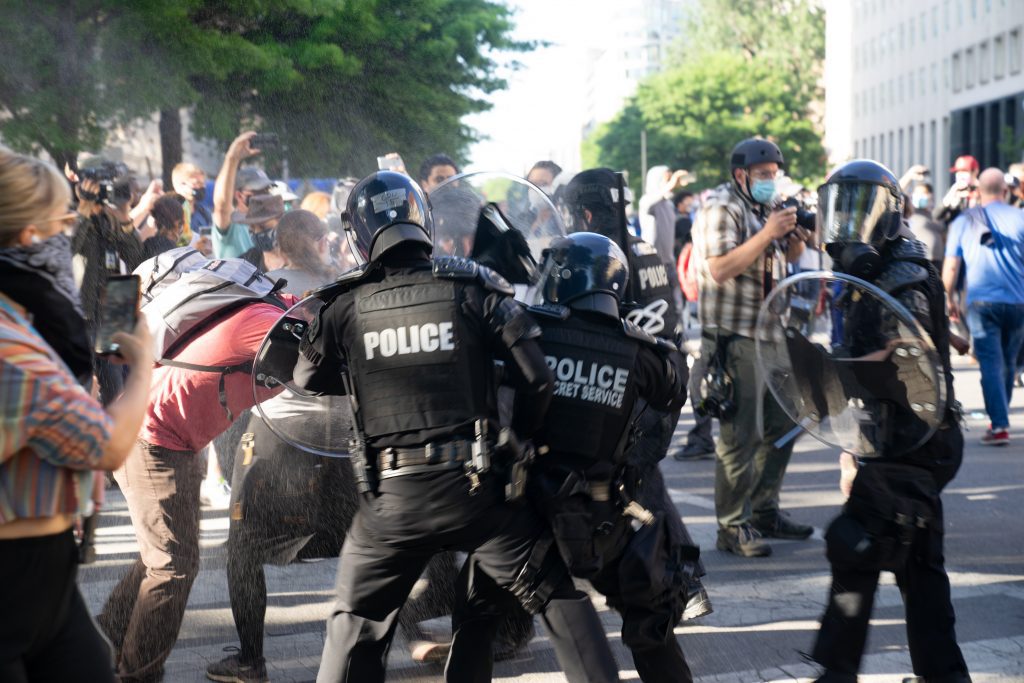When police knock on your door, you probably know you have some legal rights. But do you know what those rights are? Can you refuse to answer the door? Can they search your home? What else can they do? It’s impossible to answer every question about every scenario. But understanding a few of the legal rights you have when police knock on your door can make a huge difference.
Do you have the right to refuse to answer the door when police knock?
Sometimes. Whether you can refuse to open the door after a police officer knocks depends on the answer to one question: Do they have a warrant? If police have a search warrant to enter and search your home that is signed by a judge, they can enter the home to do so. There are complicated questions that come with the scope of the warrant and other issues. But, in general, police can enter a home with a warrant.
If police don’t have a warrant when they knock on the door, you have the right to turn them away. As the United States Supreme Court explained in the 2011 case Kentucky v. King, police without a warrant don’t have any more power (at least legally) than a private citizen does when they knock on your door. So, if the police ask to enter your home but don’t have a warrant, you can tell them no. You don’t have to answer the door, let them in or even talk to them.

Is it really that simple?
If that sounds a little too good to be true, it sort of is. The most common reason why people don’t use these rights is because they waive them. If the police officer asks for permission to enter your home and you say yes, it doesn’t matter that they don’t have a warrant. If you give police permission to enter and permission to search, you are simply out of luck.
But there are a couple of situations where police don’t need a warrant or permission, too. First, police can enter your home if they have “probable cause” to believe someone is committing a crime. A common example of this is the smell of marijuana. If police smell marijuana in a place where it is illegal, there is probable cause that a crime is being committed. So, police can search anyway.
This is also true if there are “exigent circumstances.” More simply, if there is some sort of emergency situation, police can enter the home without permission or a warrant. There are three ways this exception could apply.
- Emergency: If someone in the home is in danger or needs emergency help, police can enter.
- Hot Pursuit: If police are chasing a criminal suspect who runs into a home, they can enter.
- Destruction of Evidence: If police have reason to believe someone might destroy evidence, they can enter then, too.
The Takeaway:
Much like getting pulled over or getting arrested, when police knock on your door, it can be a scary situation. Although many want to believe that you should feel safe answering the door when police are there, many of us know that’s not reality. Instead, when police knock on your door, you want to know all of your legal rights.
Many times, you don’t even have to answer the door. Police may try to get you to so that you give them permission to enter. But, if they don’t have a warrant, you don’t have to let them in except for in some narrow circumstances.






